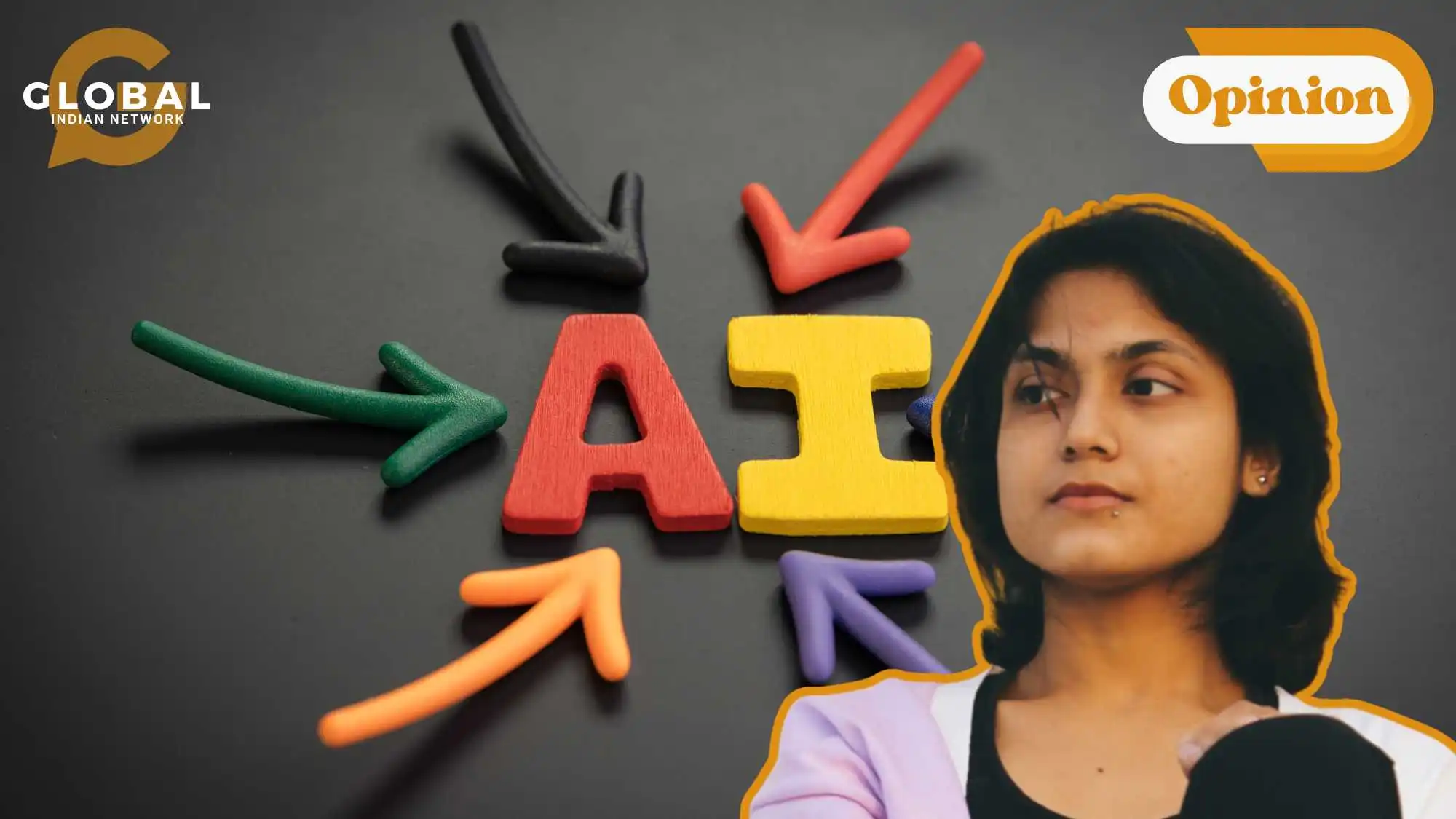The recent years have witnessed a milestone in technological advancement with the advancement of Artificial Intelligence (AI), which has been readily embraced as a transformative force in every sector of human development, from healthcare to finance. The rapidity with which AI technology has taken over the lives of so many has barely left anyone the time to question to what extent they are willing to yield themselves up to a phenomenon such as this.

The most well-known product of this technology, Chat GPT, following its release on November 30th, 2022, quickly became the object of both fascination, mainly with students, and disdain, predominantly among artists and educators, who have rightfully expressed concern over issues of authenticity and intellectual property rights. As the software relies for its performance on information already existing on the internet, it is prone to picking up misinformation and inherent biases – oftentimes harmfully targeted toward certain demographics – and end up reinforcing them. Therefore, more is at stake than just academic integrity and students’ capability to think for themselves.
Similarly, artists have voiced their objection to the growing reliance on AI-generated art, which exempts companies from the need to employ real artists they would need to pay. This is, in a way, usurping the already scant employment opportunities from the very people whose existing work the AI machine feeds on to produce new art. Not to mention, the artists whose art is, without their consent, converted to AI fodder are in no way offered the credit or remuneration that they are due. In simple terms, this equates to a blatant breach of intellectual property.
The negative effects of the unmitigated use of AI technology have not only been felt by artists but also by those involved in customer services. The automatisation of the client-agent interface in postal services and customer care has led to frequent mishaps due to miscommunication, making eventual human intervention for the purpose of damage control inevitable. This goes to show that AI is incapable of replacing actual agents with the very necessary human skills of negotiation and a nuanced understanding of a varied spectrum of customer problems. The use of automated chatbots frequently results in.
One of the larger issues that arises as AI systems become more sophisticated is that of control. It is no news to us how companies use AI algorithms to pick up our online footprints to curate personalised content, recommend products, and shape our online experiences. These algorithms push content that aligns with a user’s existing beliefs and preferences, reinforcing their existing views, limiting exposure to diverse perspectives, and luring them, in the process, into filter bubbles and echo chambers. Not only does this threaten the integrity of public discourse but also our capacity for critical thinking and open-mindedness.
Aside from the obvious enhancement of user engagement and convenience, it highlights just how willing we are to compromise our privacy and control for the impression of inclusion and a steady sense of certainty in our identities.
One of the more menacing outcomes of AI is exemplified by the scores of AI-generated songs and videos of celebrities that are circulating the internet today. The deepfake technology poses the most significant threat to human integrity as it can be exploited for malicious criminal purposes, as seen in the already emerging hidden circles of creators and consumers of deepfake porn.

We are currently at a stage where it has become imperative to critically address the practical and ethical implications of AI on human rights and devise adequate legal measures to control AI’s access to data and impose codes of responsible use. As we do so, we must also interrogate the meaning of human integrity and agency in a world where technology controls us as much as we control it.
Do you have burning thoughts or opinions? We’d love to hear them! Share your thoughts and ideas in the comments below to get the conversation flowing, or feel free to reach out to us at larra@globalindiannetwork.com.










[…] Artificial Intelligence (AI) in small and medium-sized enterprises (SMEs) within the Indian manufacturing sector is a […]
[…] implementing Artificial Intelligence (AI) in Small and Medium-sized Enterprises (SMEs) in Slovenia, it's essential to be aware of […]
[…] technologies have been the breakout invention of the 2020s. Just in the last few years, AI has gone from a concept that we theorised would crack open the secrets of the universe to being […]
[…] or stressed when separated from their phones. This highlights the growing dependence on mobile technology and the potential anxieties associated with its […]
[…] of teens who use technology in the bedroom, such as a laptop or smartphone, suffer from sleep […]
[…] setbacks, continued research and refinement of this technology could herald a new era in transplantation, offering renewed hope for those in desperate need of […]
[…] very futuristic concept until today as now we have access to various AI sources at our fingertips. Technology has boiled down to a point where now most of the AI tools are accessible and available to the […]
[…] It is related to the similar task of using computers to understand human intelligence, but AI does not have to confine itself to biologically observable methods." Essentially, artificial […]